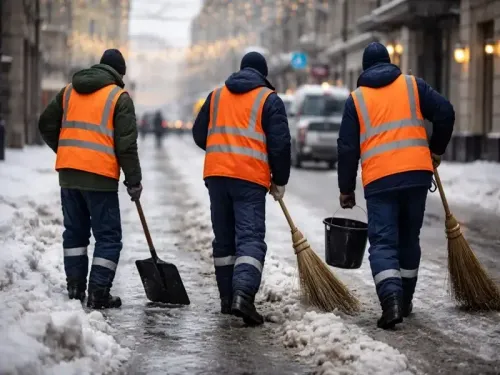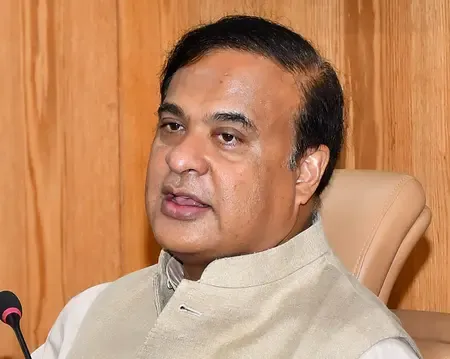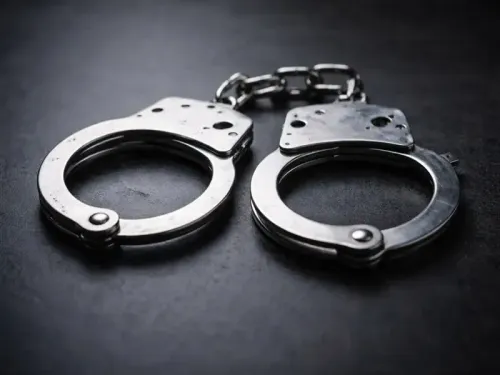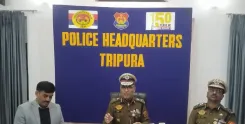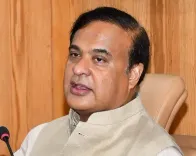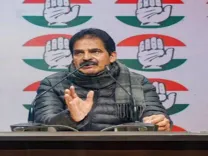Why Is Tripura's TMP Protesting for Deportation of Infiltrators?
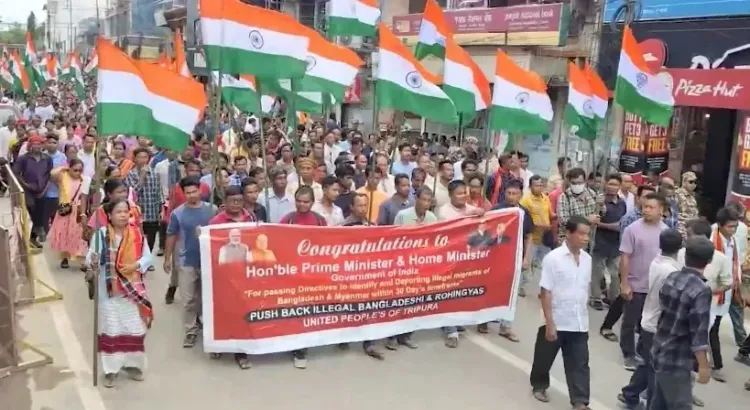
Synopsis
Key Takeaways
- TMP demands deportation of illegal migrants from Bangladesh and Myanmar.
- Ranjit Debbarma leads a significant protest rally.
- Criticism of the BJP government for prioritizing politics over security.
- Concerns raised regarding the impact on indigenous communities.
- Calls for stricter enforcement of migration policies.
Agartala, July 7 (NationPress) The Tipra Motha Party (TMP), an ally of the ruling BJP, convened a protest rally on Monday advocating for the deportation of “illegal migrants” from both Bangladesh and Myanmar.
Under the leadership of TMP senior figure and legislator Ranjit Debbarma, several hundred party supporters, proudly displaying the Tricolour, participated in the procession throughout the capital.
Demonstrators voiced their demands for the rigorous enforcement of directives from the Ministry of Home Affairs (MHA) regarding the identification, detention, and deportation of undocumented migrants.
Debbarma criticized the BJP-led administration of Chief Minister Manik Saha for allegedly favoring “vote-bank politics” over the imperative of national security.
The tribal leader emphasized that BJP-governed regions such as Assam and Gujarat had initiated decisive measures against these illegal entrants. Debbarma, along with the rally participants, praised Prime Minister Narendra Modi and Home Minister Amit Shah for their orders mandating all states to repatriate infiltrators.
TMP leader Pradyot Bikram Manikya Debbarma announced plans to meet with the Union Home Minister in New Delhi soon to push for significant actions against these infiltrators.
Debbarma, a former royal descendant, expressed concerns that these illegal entrants threaten the socio-economic and cultural integrity of the state's indigenous communities, particularly the tribal population.
“The Government must implement stringent measures to prevent illegal migrants from entering India. Those already residing illegally in Tripura and other states should be promptly deported,” the TMP chief stated to IANS.
He highlighted the ongoing turmoil in Bangladesh, marked by internal conflict since June-July of the previous year, notably following the fall of the Awami League government on August 5, 2024.
In recent weeks, TMP, a party rooted in tribal interests, initiated a broad anti-infiltration campaign across Tripura. Senior TMP leader and Minister for Forest and Environment Animesh Debbama affirmed that no infiltrators would be permitted to remain in Tripura.
“The government should repatriate those who entered Tripura after March 1971,” Debbarma insisted.
Chief Minister Manik Saha previously remarked that infiltrators from Bangladesh are now aware that Tripura is no longer a secure haven for them, noting increased vigilance among all security forces to thwart illegal entries.
“Following the unrest in Bangladesh, security agencies have been closely monitoring the border to prevent any infiltration attempts,” CM Saha, who is also responsible for the Home portfolio, informed the media.
The Chief Minister recently held discussions with senior officials from various security agencies, including the BSF, requesting enhanced cooperation to address border-related challenges.
Tripura shares an 856 km border with Bangladesh and is flanked on three sides by the neighboring nation, rendering the northeastern state particularly susceptible to issues of cross-border migration and associated crimes.
Aside from select areas, most of the border has been secured with fencing to deter smuggling, transnational crimes, and the unauthorized movement of infiltrators and hostile elements.


